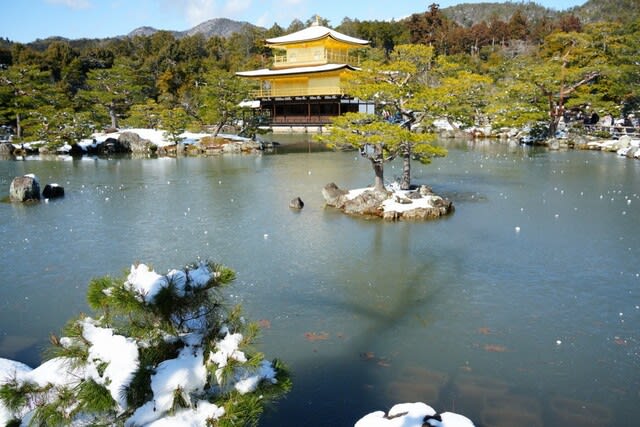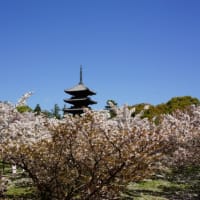The following is from an article by Noriyuki Yamaguchi that appeared in the January 26 issue of the monthly magazine Hanada titled "Yoshimasa Hayashi's Research: Who is the inside man to Shanghai Electric Power? "
As mentioned above, we would like the publisher to know that it is regrettable that the article arrived at our home only four days later, on 1/30.
The price is 980 yen (including tax) for a book full of genuine papers, including this one.
As a well-known book reader once said, "There is nothing cheaper than a book," and he is right.
I remember when Junichiro Koizumi was running against Ryutaro Hashimoto for the LDP presidency as a "bite dog" on the privatization of the postal service.
As I have already mentioned, I found his bizarre obsession with the "privatization of Japan Post" extremely strange.
Later, when I learned that Japanese politics was following the U.S. annual report, I instantly understood how bizarre he was.
To illustrate his attitude, I used a Hollywood movie about a politician with a chip implanted in his brain who is on the verge of becoming president, which I wrote about in this column.
Since quitting the prime minister's office, Koizumi has become a man against nuclear power plants and is a fan of solar power generation.
It is no exaggeration to say that Koizumi is, by nature, a man with an empty brain who, when someone implants a chip in him, repeats the same thing repeatedly as if he were an idiot.
Getting back to the subject at hand
Those who subscribed to this paper must have been shaken in various ways.
The fact that Yoshimasa Hayashi's appearance suggests the reality that he is Japan's Foreign Minister and that the Japanese media has not expressed a single concern about this fact.
Japan has already been heavily invaded by China.
It must be horrifying to think that China's "silent aggression" is now more aggressive in Japan than in Australia.
However, if the Japanese people were not outraged by how the old-style local politicians are undermining Japan, it would be just ignorance.
It would be best if you were shocked to find out that the Japanese media and others are a bunch of ignoramuses.
This paper is a must-read not only for the Japanese people but also for people worldwide.
The emphasis in the text other than the headline is mine.
Who is the inside man of Shanghai Power?
America's Tough Eyes
I visited the U.S. from the end of last year to the beginning of the new year. I interviewed 11 people, including old acquaintances from the U.S. Congress, the White House, and the Democratic and Republican parties.
The question I asked was, "Why did President Biden not allow Fumio Kishida to enter the White House for more than one year and three months after he became prime minister?" It was a simple question.
Six did not give a clear answer, such as "I am not sure," while five immediately answered "distrust of Prime Minister Kishida's stance toward China.
Three of them, familiar with Japan-U.S. relations, stated categorically that "the trigger was Foreign Minister Hayashi and the Beijing Olympics," and they all agreed that "the situation could shake the Japan-U.S. relationship that has been built up over time.
Who has been in charge of the Japan-U.S. relationship since the end of World War II, and how has it been governed?
Of course, the Ministry of Foreign Affairs has primary responsibility for dealing with the U.S. side as the Japanese government.
The Minister of Foreign Affairs, the Administrative Vice Minister for Foreign Affairs, the Deputy Vice Minister for Foreign Affairs, the Deputy Director-General, the Director of the North American Affairs Bureau, the Director of the North American Affairs Division 1, and the Director of the North American Affairs Division 2 all work with the ambassador to the United States, who is stationed in Washington, DC, and deal with the White House and the State Department.
Other central ministries, such as the Ministry of Economy, Trade and Industry, the National Police Agency, and the Ministry of Defense, negotiate and coordinate with the U.S. side in trade, intelligence, and national defense.
However, apart from these official inter-governmental orientations, another "route" is not so well publicized but plays a crucial role.
After the defeat in the war, Japan, under the occupation of GHQ (General Headquarters of the Allied Powers), was stripped of its diplomatic authority. Still, on April 28, 1952, the "San Francisco Peace Treaty" was enacted, and diplomatic rights were restored.
However, GHQ did not pack up its bags and leave Japan clean.
Various mechanisms were embedded to keep Japan, which had once turned on the U.S., under its control as an obedient vassal state under the beautiful name of "ally."
This article continues.

2023/1/26, in Kyoto


















